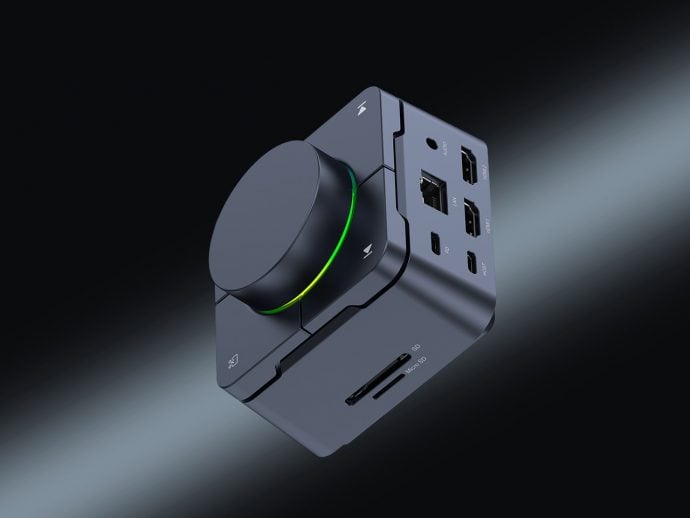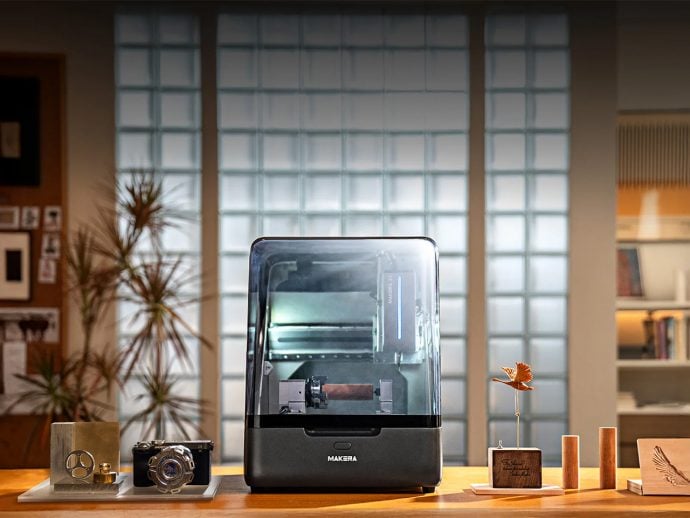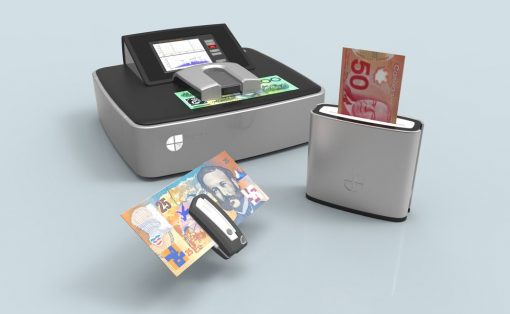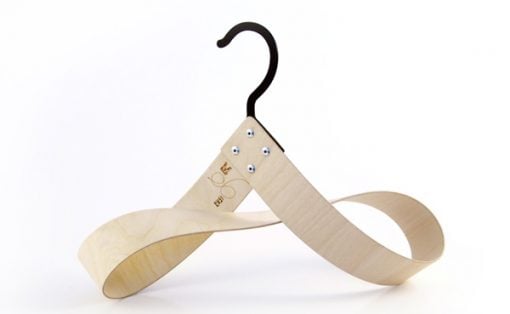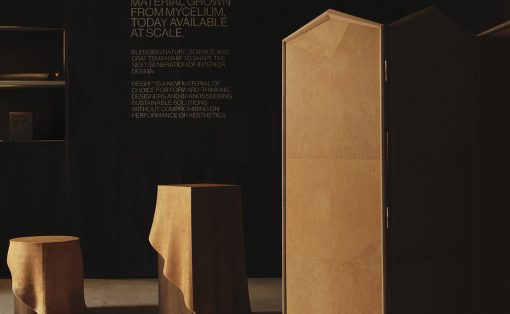Apple’s AirPods Pro 2 have taken another significant step forward in redefining personal tech by earning FDA approval to function as over-the-counter hearing aids. This announcement comes as no surprise given Apple’s continued focus on integrating health-related features into its devices. At $250, the AirPods Pro 2 are positioned as a cost-effective solution compared to traditional hearing aids, which often cost thousands of dollars.
Apple is also helping users become more aware of their hearing health through an integrated, clinically validated hearing test. Conducted right from the AirPods Pro 2 paired with an iPhone, the test takes just five minutes. Users simply respond to tones at varying volumes and frequencies, making it a quick and accessible method to check for early signs of hearing loss. The results are then stored securely in Apple’s Health app, where users can track their hearing health over time and share the data with healthcare providers if needed. Given that 80% of adults in the U.S. haven’t had their hearing checked in the last five years, according to Apple’s findings, this feature could play a crucial role in detecting hearing problems earlier.

The technology behind this innovation leverages the AirPods Pro 2’s H2 chip. Users can perform these hearing tests right from the iPhone. Once the user completes the hearing test, the AirPods Pro can automatically adjust audio settings to amplify sounds specifically tailored to their hearing profile. This means that whether you’re in a conversation, listening to music, or on a phone call, the AirPods Pro 2 will enhance the sounds that matter most to you, making interactions clearer and more accessible. Unlike traditional hearing aids, which can be costly and often come with limited sound quality, the AirPods Pro 2 offers a more affordable and seamless solution. Apple’s tight integration of hardware and software ensures that users benefit from pro-level sound quality in every aspect, from listening to music to engaging in real-world conversations.
The FDA’s approval followed a clinical study involving 118 participants who experienced mild to moderate hearing loss. According to the results, the self-fitting feature of the AirPods Pro 2 provided comparable benefits to professionally fitted devices, with no adverse effects reported. This breakthrough is part of a broader regulatory shift in the U.S., which, starting in 2022, allowed for over-the-counter hearing aids. This effort was driven by a desire to provide more affordable options for the approximately 30 million Americans who suffer from hearing impairments. With regulatory approvals from bodies like the FDA, the hearing aid functionality will be available in over 100 countries, including the U.S., Germany, and Japan, Apple says.

Despite its potential, using AirPods Pro 2 as hearing aids does come with limitations. Traditional hearing aids are designed to be worn for extended periods, offering maximum comfort and effectiveness. While AirPods Pro 2 are known for their comfort, they are still consumer-grade earbuds with a limited battery life lasting just a few hours rather than entire days. Their primary function remains entertainment, and they may not be suitable for people with severe hearing issues. Moreover, this functionality will only be available in the AirPods Pro 2 model, not the more affordable $130 or $180 versions of AirPods 4, which also launched recently.
Nonetheless, this is a critical development for accessibility in personal technology. Compared to traditional hearing aids, which can range from $2,000 to $10,000, Apple’s AirPods Pro 2 offer a solution at a fraction of the cost. Although Apple is not known for affordable budget-friendly products, its disruption of this market underscores the need for more affordable health tech options.


